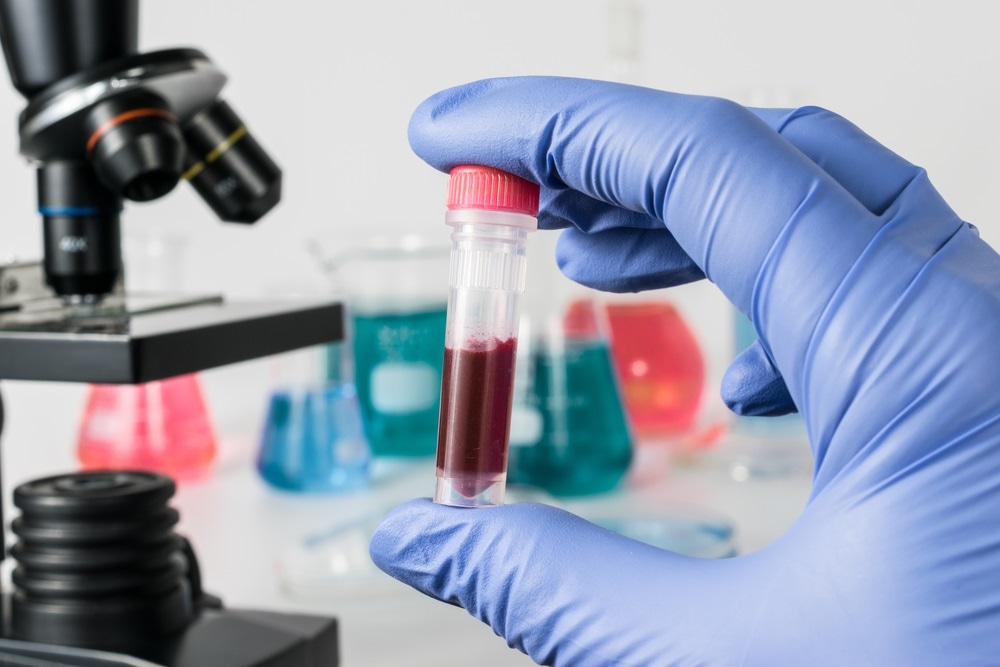In an exploratory study of nearly 10,000 women with no history of cancer, researchers evaluating a multi-cancer blood test report that it successfully detected some cancers, including early cancers that could be localized and surgically removed. Among the cancers detected were ovarian cancers, which are typically diagnosed at an advanced stage.
 Image Credits: Elpisterra / Shutterstock.com
Image Credits: Elpisterra / Shutterstock.com
Important to the authors' focus on safety and feasibility, the test could be done without incurring a large number of futile, invasive follow-up tests and without discouraging the participants from engaging in other forms of standard cancer screening such as mammography. Even as further trials will be needed, the study was able to address several fundamental issues about multi-cancer blood tests, the authors say.
Diagnosing cancers earlier is one of the keys to reducing future cancer deaths. Presently, screening approaches decrease mortality from colon, breast, lung, and cervical cancers, but adherence varies widely, and some forms of cancer screening are not recommended for average-risk individuals. A minimally invasive, multi-cancer screening test could increase cancer detection rates when applied to a population already following standard screening approaches.
Several questions remain about multi-cancer blood-based screening tests, however. In their new study, DETECT-A (Detecting cancers Earlier Through Elective mutation-based blood Collection and Testing), Anne Marie Lennon and colleagues attempted to answer several of these questions, including whether these tests can detect cancer in individuals whose cancer was not previously detected by other means.
Lennon and colleagues recruited nearly 10,000 women 65 to 75 years of age with no history of cancer. Their analysis looked for nearly all cancer types, based on circulating DNA and protein biomarkers of cancer. To maximize safety, DETECT-A incorporated three steps prior to initiating a diagnostic work-up for cancer.
Only in the third step, if no non-cancer-related cause for an abnormal result was found, were individuals with a positive test invited to undergo the final component of testing - a full-body diagnostic positron emission tomography-computed tomography (PET-CT) scan. This test is routinely used in clinical practice to aid in detecting, localizing, and diagnosing tumors.
The blood test used in the DETECT-A study was an early version of a multi-analyte test called CancerSEEK (http://science.sciencemag.org/cgi/doi/10.1126/science.aar3247) and it ultimately found cancer in 26 women. Other cancers not detected by the blood test were also found in the study participants. In total, 96 cancers were diagnosed during the 12-month study. Of these, 26 were detected by the blood test, 24 by standard screening, and 46 by other means.
An analysis of whether participants in the study had fewer mammograms after the baseline blood test than they had in the years prior showed they did not greatly change their habits, suggesting that such a test can be incorporated into routine clinical care and not discourage participants from engaging in standard-of-care screening, which the authors emphasize their approach shouldn't replace.
They note that DETECT-A was not designed for regulatory approval of a specific test. Larger trials, including formal registration trials, will be necessary to further evaluate the clinical validity and utility of such testing, they say.